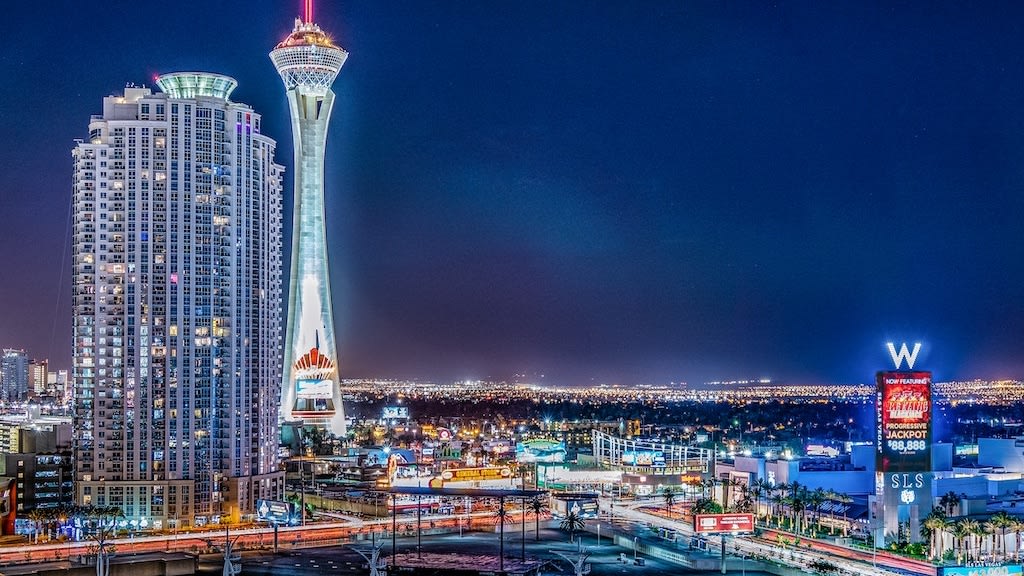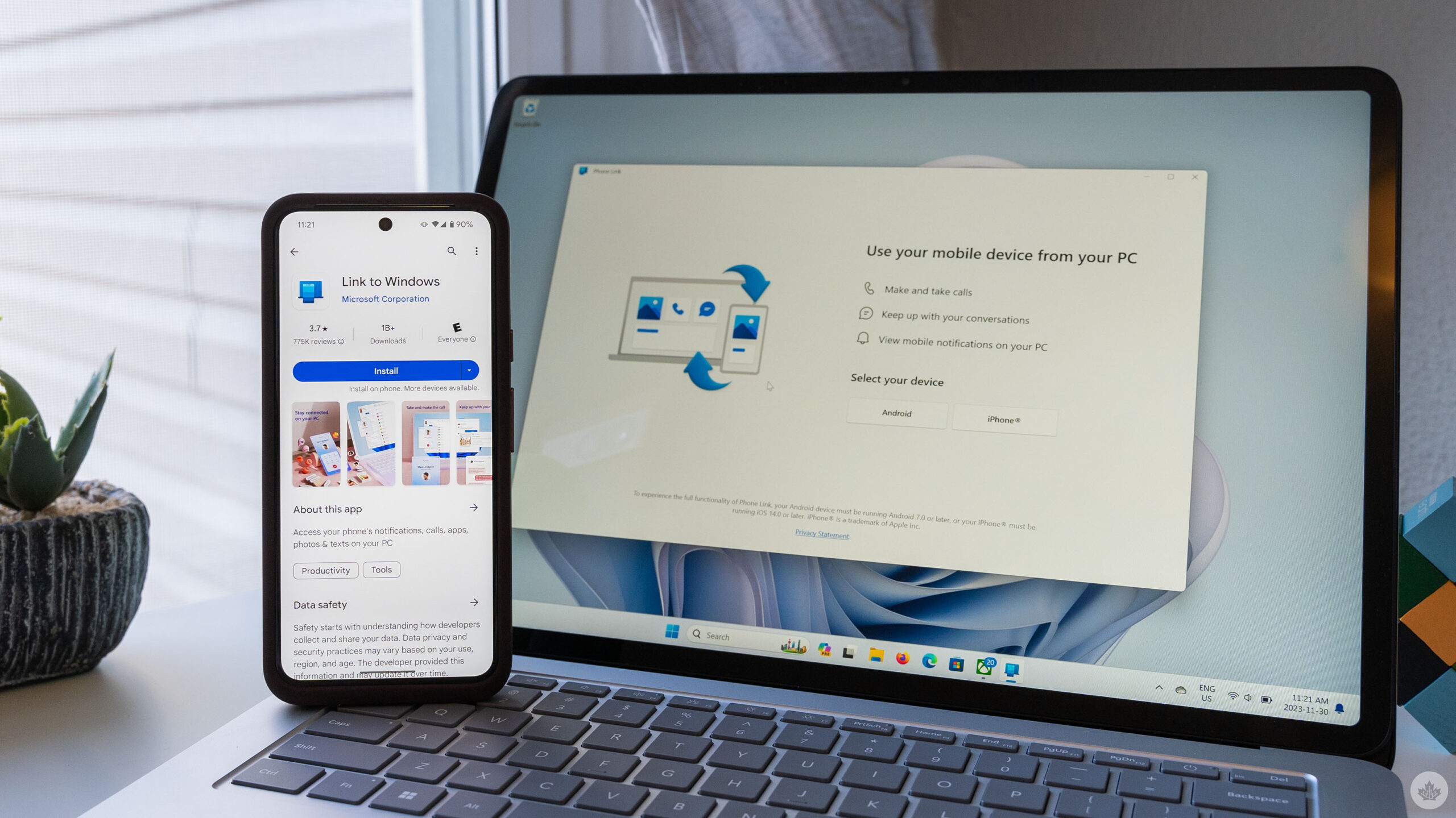No stranger to reinvention, Sin City is pushing to offer more high-end experiences beyond gambling: “We have moved away from being a value-based destination.
With a flash and a boom, the Tropicana went bust.
The iconic casino was torn down in the wee hours Wednesday morning to make way for a baseball stadium, part of an ongoing pivot that Las Vegas officials hope will fuel the city’s economic future as affordability concerns simmer on and off the Strip.
The 22-story resort hotel, which opened in 1957 and featured in the 1971 James Bond film “Diamonds Are Forever” and “The Godfather” the following year, closed its doors April 2. But it didn’t go down in darkness: In true Vegas fashion, the city turned the building’s 2:30 a.m. implosion into a party, replete with a drone and a fireworks display.
“It’s kind of a celebration of life for all that property has meant to Las Vegas,” said Steve Hill, president and CEO of the Las Vegas Convention and Visitors Authority.
The neighborhood where the Tropicana once stood is quickly becoming the city’s sports district, housing both Allegiant Stadium, home of the Las Vegas Raiders football team, and T-Mobile Arena, which hosts UFC, WNBA and NHL events.
After the rubble is cleared away, officials hope to start building a proposed 33,000-seat ballpark for the Oakland Athletics ahead of the team’s scheduled relocation for the 2028 season. The stadium is projected to cost an estimated $1.5 billion, with taxpayers kicking in at least $350 million.
Locals and visitors in town ahead of the Tropicana’s demolition were mostly upbeat about the next chapter for the city.
Marco Robinson, who has been tending bar in Las Vegas for four decades, acknowledged the casino’s demise was “hard for a lot of people who worked there.” But he said: “It’s a new era. This is what Vegas is.”
“I’m excited about the changes coming to Vegas,” said Jordan McCall, 30, who has lived in the city since 2010 and works at a warehouse. “You just have to embrace it,” he said, carrying a camcorder to document the property’s final hours.
Las Vegas has long sought “to make way for the new, and this is a normal part of our evolution,” said Amanda Belarmino, an associate professor of hospitality management at the University of Nevada, Las Vegas, “but I think what it’s being imploded for is what’s more significant.”
The new stadium set to take the Tropicana’s place would add to a growing roster of venues and events offering high-dollar experiences beyond casinos’ card tables and concert halls.
Las Vegas welcomed 330,000 visitors in February for the Super Bowl, with tickets at Allegiant ranging from $5,700 to almost $19,000 on StubHub in the days leading up to it. Next month, the city will host its second Formula One Grand Prix, after the inaugural one attracted 315,000 fans last year at ticket prices from $99 to $12,500. NCAA basketball’s Final Four series is coming to town in 2028.
Warner Bros. recently announced an $8.5 billion plan to develop film and television studios at UNLV’s Nevada Studios. And the futuristic new Sphere arena, which opened last year, is the most expensive venue ever built in Las Vegas, costing $2.3 billion. Tickets for coming shows ranged from an “immersive concert film” by U2 starting at around $99 to more than $1,800 for some of the few remaining seats at performances by the Eagles this month and next.
“We have moved away from being a value-based destination where people could come for a really inexpensive holiday,” Belarmino said.




